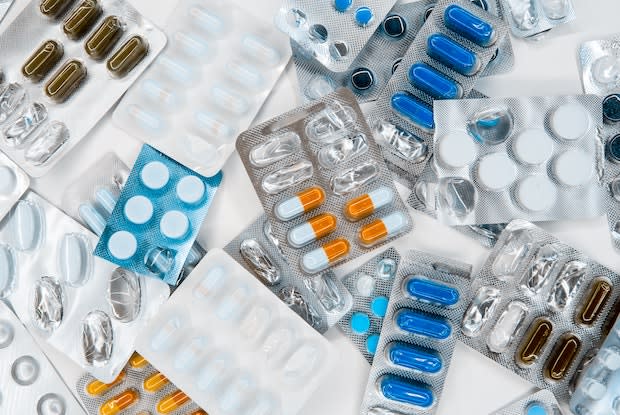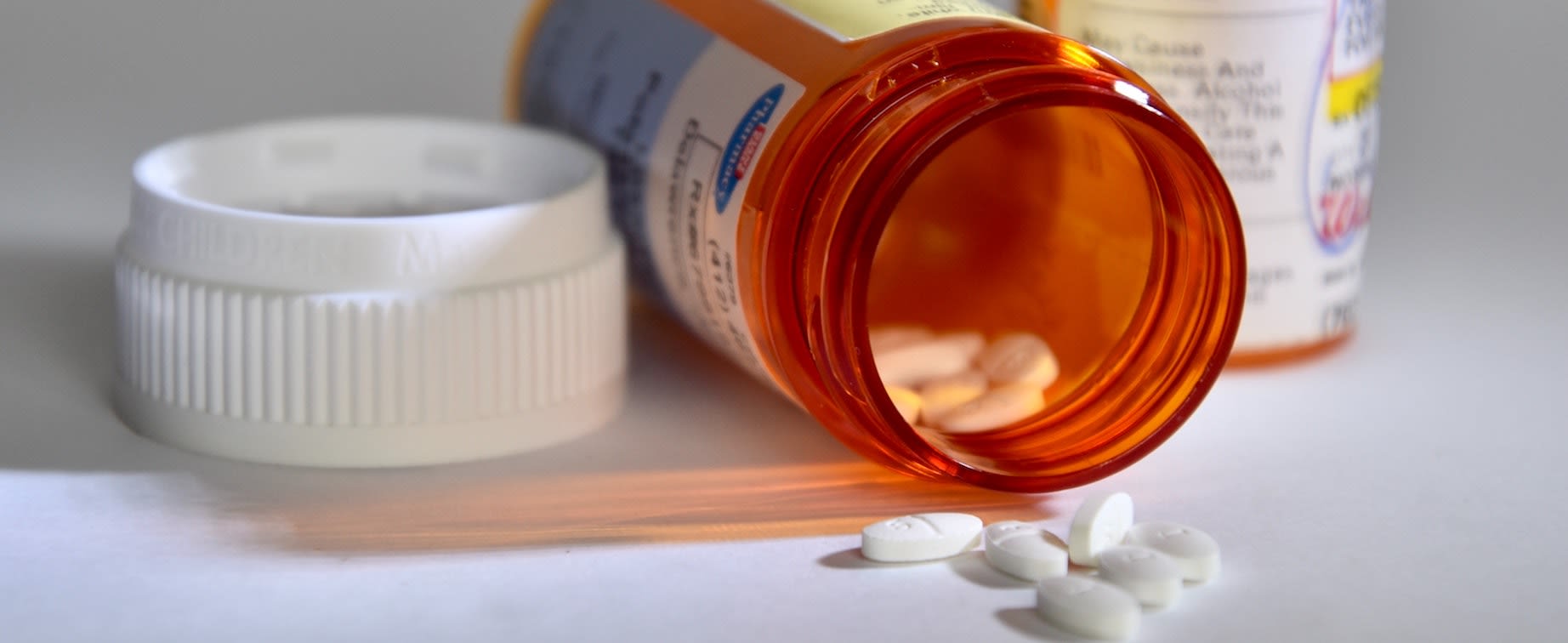Table of Contents
II. When Should I See a Doctor?
How Many People Have GERD?
Gastroesophageal reflux disease (GERD) affects around 20 percent of the United States population. This esophageal problem results in acid reflux symptoms and painful symptoms. Unlike the occasional acid reflux, GERD is a more long-lasting form and can lead to hospitalizations if left untreated. There has been a drastic increase in the prevalence of GERD since the mid-1990s. [1] This may be due to several factors, including an increased rate of overweight and obese people. Overweight people are at a greater risk for developing GERD because of poor diet choices and a relaxed lower esophageal sphincter (LES). The biggest risk factors for GERD also include:
- Overeating
- Hiatal hernia (part of stomach protruding into the diaphragm muscle)
- Pregnancy
Typically, GERD symptoms can improve themselves with over-the-counter antacids. You may develop more serious side effects and require the use of prescription medications like Nexium (esomeprazole), Protonix (pantoprazole), Prevacid (lansoprazole), or metoclopramide. These medications are integral in reducing stomach acid and preventing further complications. Read on to learn more about the treatment methods for gastroesophageal reflux. [2]
It may be difficult to determine the difference between periodic acid reflux and serious GERD, but few signs signify a larger problem. You may be experiencing severe GERD if you have the following symptoms: If these symptoms become even more severe, you should seek the help of your doctor immediately. This is especially true if you have problems swallowing or difficulty breathing. You should consider your symptoms an emergency if: As mentioned earlier, there are several over-the-counter medications available to treat mild GERD symptoms. Antacids neutralize stomach acid, but they won’t heal an inflamed esophagus. For more severe conditions, you may require prescription-strength drugs to prevent damage to the esophagus. Medications can include: Proton pump inhibitors (PPIs): These drugs work by reducing the production of stomach acid. When acid is reduced, it allows the esophageal tissue to heal, which can prevent further complications. It may take four to 12 weeks for PPIs to take full effect, and symptom relief will follow. Drugs like Nexium (esomeprazole), Protonix (pantoprazole), Prevacid (lansoprazole) are usually the most appropriate treatment method for GERD. [4] H2 receptor blockers: H2 receptors are also called H2 receptor antagonists or H2RAs. These drugs also reduce stomach acid production. H2 receptors can treat GERD symptoms, gastric ulcers, and occasional heartburn. They work by blocking histamine receptor cells in the stomach responsible for producing hydrochloric acid in the stomach. [5] Prokinetic agents: Prokinetic agents are responsible for stimulating the gastrointestinal system and speeding food through the stomach and intestines. Drugs like metoclopramide are used mostly for heartburn symptoms to decrease stomach acid damage. It can also be used for gastroparesis, which is a condition that involves poor emptying of the stomach. [6] Surgical procedures are typically a last resort for GERD patients. If your esophagus is becoming severely damaged by stomach acid, your doctor may recommend surgical procedures, like a fundoplication. This procedure is usually the most common surgery for GERD. A surgeon makes a long incision in the stomach to get to the esophagus. After this, the upper part of the stomach is wrapped around the outside of the lower esophagus. This procedure strengthens the sphincter and prevents stomach acid from back flowing up into the esophagus. You will likely need to eat a clear liquid diet for one to two days before surgery and take medication to cleanse the bowels. Luckily, a fundoplication has a high rate of success. [7] An endoscope is used in a stretta procedure. It is usually done as an outpatient procedure, so you will not have to stay overnight at the hospital. An endoscopic procedure involves inserting a thin, flexible tube into the esophagus. The endoscope is equipped with a heated mechanism at the end that is used to make tiny cuts in the esophagus. These tiny cuts form scar tissue that blocks the nerves that respond badly to acid reflux. The presence of this scar tissue also strengthens the surrounding muscles. This is a fairly new procedure but has shown a significant success rate. A stretta procedure is also less expensive than fundoplication, depending on your health insurance. The long-term results are so far unknown but can eliminate symptoms of GERD. [7] This surgical procedure uses a device called a linx, which is a ring of small magnetic titanium beads. This device is wrapped around the lower esophageal sphincter and strengthens the integrity of this body part. The beads of the linx device are magnetized and move together to keep the stomach separated from the esophagus. Food can pass through normally, but prevents unneeded opening and closing. This surgery is not incredibly invasive and takes less time than other GERD procedures. Patients also report less pain with this surgery. It is also a newer procedure but has shown to be very effective in preventing GERD symptoms and acid reflux. [7] The content in this article is intended for informational purposes only. This website does not provide medical advice. In all circumstances, you should always seek the advice of your physician and/or other qualified health professionals(s) for drug, medical condition, or treatment advice. The content provided on this website is not a substitute for professional medical advice, diagnosis, or treatment.
When Should I See a Doctor?
Medications

Fundoplication
Stretta Procedure

Linx Surgery
